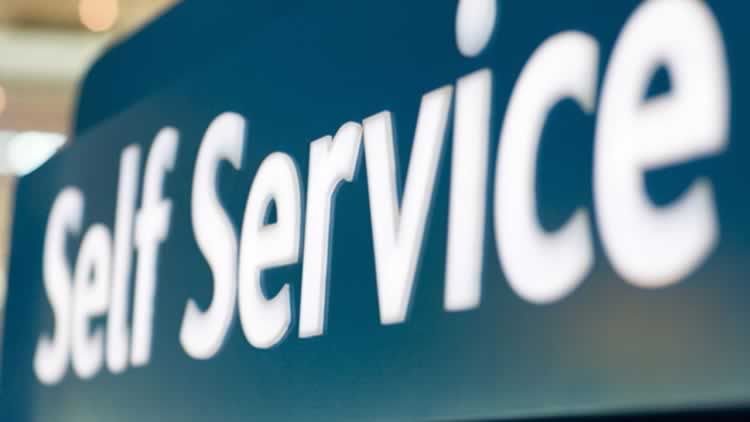Event Management – Reinvented?
News & Trends
If you are an event planner, then your life has totally changed in the last 2 years. Let’s start with the good news: events are back and there is a huge demand for on-site events in 2023. More events mean more venues, food, room blocks, entertainment, production equipment, and travel. So, let’s unpack this to look a bit deeper.
In a survey in November 2022, we asked event planners to name the major challenges they face in their business. The top 3 challenges are:
- Increasing costs
- Technology dependency
- Complex event organization
Increasing costs
The global inflation is causing energy prices to rise. And unfortunately, events are energy-hungry creatures. Increased energy cost makes it difficult for events to maintain their budgets. Furthermore, we face supply-chain-issues creating obstacles regarding almost every aspect of on-site events.
every aspect of on-site events.
The silver lining is that the energy crisis can motivate our industry to start implementing sustainability in more significant, meaningful ways. It seems that the costs increase will slow down by end of 2023, making it easier to plan profitable events.
Technology dependency
The pandemic sped up the adoption of technology and software solutions in the events industry. The year 2020 and 2021 shocked us all requiring exclusively virtual event venues. It was like jumping into cold water and trying to stay afloat. After all, virtual and hybrid events fully depend on new technologies.
and trying to stay afloat. After all, virtual and hybrid events fully depend on new technologies.
Technology firms struggled to come up with attractive and user-friendly solutions to stream virtual events. Event planners were overwhelmed, and costs for virtual events skyrocketed due to demand. Since then, the field has cleared a lot. This creates more transparency for event planners to find the right virtual platform for each event format. Still, no single platform fits all needs. And customer’s needs evolve fast, too. So, it remains critical to stay on top of constant innovations.
While we are experiencing a comeback of on-site events, the future will be undoubtedly hybrid. There are simply too many advantages for customers to attend on-site events while sitting in their own office. Lower travel costs, time savings, convenience, the possibility to customize your individual event experience, to name a few. Especially millennials are flocking towards hybrid event formats because they are more familiar with technology and less interested in in-person events to begin with.
Event organizers should also like the hybrid format. It opens a totally new market segment of attendees who would not register otherwise.
Finally, highly focused and personalized virtual webinars change the landscape. Companies embrace low-cost virtual event platforms to create an “always on” environment for their audience, customers as well as employees. Weekly training, town hall meetings, or “Ask the Specialist” sessions address specific topics to smaller audiences.
Complex event organization
Event planning is becoming more complex, no doubt. While spreadsheets and simple notes may have sufficed in the past, they are now a thing of the past.
This puts project management front and center in the daily work. Managing time, due dates, milestones, delegating tasks and staying on top of them are critical. There are many project management tools available starting with simple calendar apps and ending with fully equipped software solutions. What is best depends on what each event planner feels comfortable with.
WEEcommunicate offers an integrated event management platform that allows event planners to organize their events in an easy-to-use project APP, promote events online through websites, receive registrations online, transact through e-commerce, and offer virtual event streaming services to attendees. Having all this data connected in one place is essential to ensuring the event runs smoothly.
virtual event streaming services to attendees. Having all this data connected in one place is essential to ensuring the event runs smoothly.
Once the event is over, event planners can generate a report with detailed analytics, and calculate the ROI for their customers. Very often one major benefit of collecting data is overlooked: being able to use the data you collect to further your event program.
Related
Address
WEEcommunicate.com
3109 Grand Avenue , Ste 416
Miami, FL 33133
USA









